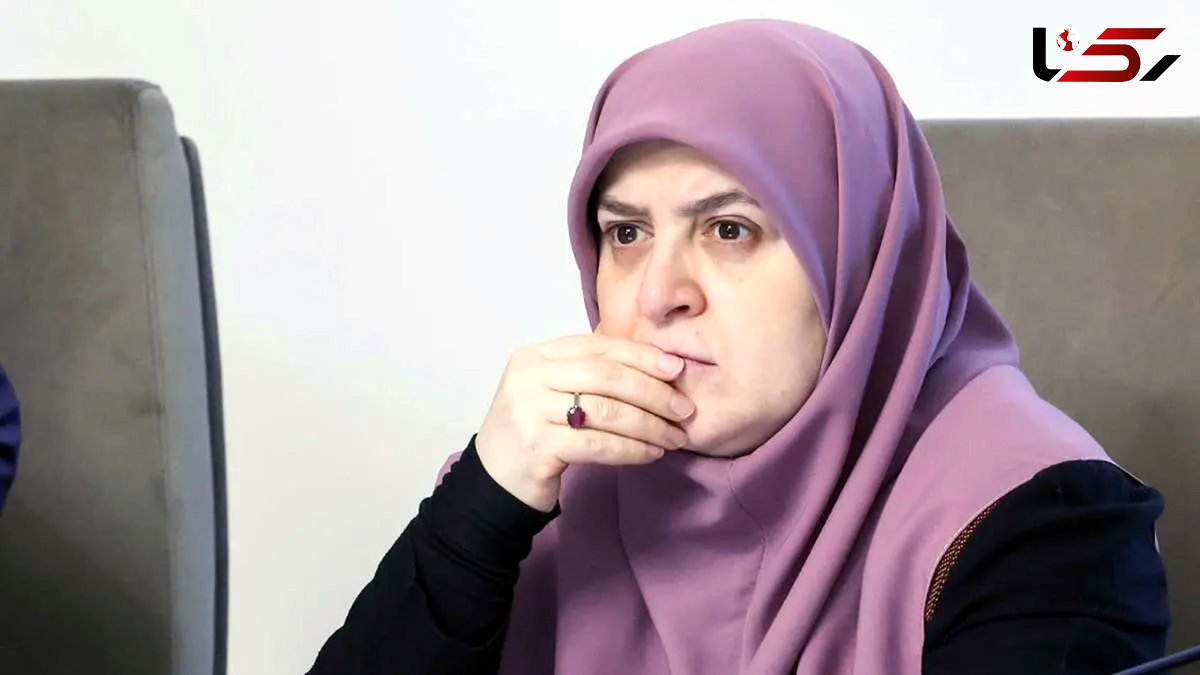Conditional Opportunity for Regional Stability
Rokna Political Desk: The announcement of an agreement between the Republic of Azerbaijan and the Republic of Armenia marks a new development in the ongoing dialogue between the two nations. Regardless of the mediation or conditions under which it was reached, this agreement signifies a crucial reality: after years of conflict and distrust, both parties have reached a point where negotiation and mutual understanding have been prioritized over tension and confrontation.

Fatemeh Mohajeri, the spokesperson for the Iranian government, wrote: The Islamic Republic of Iran, as a neighboring and influential regional actor, has consistently supported any process that leads to the cessation of conflict, reduction of tensions, and the establishment of lasting stability. However, this support has been conditional, based on principles mutually agreed upon by regional countries.
The Islamic Republic of Iran emphasizes three unwavering principles: preserving the full sovereignty of countries over their territories; defending the territorial integrity of all nations in the region; and firmly opposing any changes to international borders. The recent joint statement issued by the two countries reflects a respect for and attention to these principles.
A significant aspect of this agreement is the shift in approach toward the “corridor” issue. In the past, proposals such as the “Zangezur Corridor” were introduced which, in some interpretations, implied the establishment of a transport route outside Armenia's sovereignty, conflicting with the principle of territorial integrity. This concern was serious not only for Armenia but also for Iran, as any forced geopolitical transformation could jeopardize regional stability. However, according to statements from both parties, the “corridor” concept has been removed from the agenda and replaced with a road transit route under the full sovereignty of the Republic of Armenia. This change is both positive and reasonable, preserving national sovereignty while enabling economic and transit benefits for all involved.
Nevertheless, the Islamic Republic of Iran has clearly expressed its concerns regarding any foreign presence in this process. The involvement of extra-regional forces in the Caucasus dynamics could bring long-term negative consequences for peace and stability. This concern is rooted in the historical experience of the region, where external interference often led to more complex crises and prolonged the path to peace. Iran has transparently reiterated this position during its dialogue with both neighboring states. Iran believes that the most sustainable solutions for the Caucasus must emerge from cooperation and dialogue among regional countries—not from external pressure, imposition, or regulation. The global experience has shown that agreements reached without considering the sensitivities and genuine interests of neighboring states, or those imposed by external pressure, either fail to materialize or collapse at the first political crisis. From this perspective, Iran continues to emphasize regional dialogue and comprehensive cooperation among South Caucasus countries as the true guarantee of peace.
For this reason, Iran’s welcome of the agreement is conditional and grounded in national and regional principles. If this path leads to reduced tensions, preservation of international borders, respect for national sovereignty, and the expansion of economic cooperation, the Islamic Republic of Iran stands ready to play a facilitative role as a responsible neighbor in its implementation. Conversely, if developments lead to the violation of these principles or increased foreign influence in the region, Iran will respond firmly, in accordance with prevailing conditions, to safeguard its interests and regional stability.
As a responsible neighbor and reliable partner, the Islamic Republic of Iran is prepared to contribute, through regional engagement, to the formation of a genuine and lasting peace based on the will of the peoples. The objective is clear: a secure, stable, and foreign-free Caucasus. This path will be pursued with a forward-looking perspective and in line with principles deeply rooted in the Islamic Republic of Iran’s foreign policy.
Send Comments